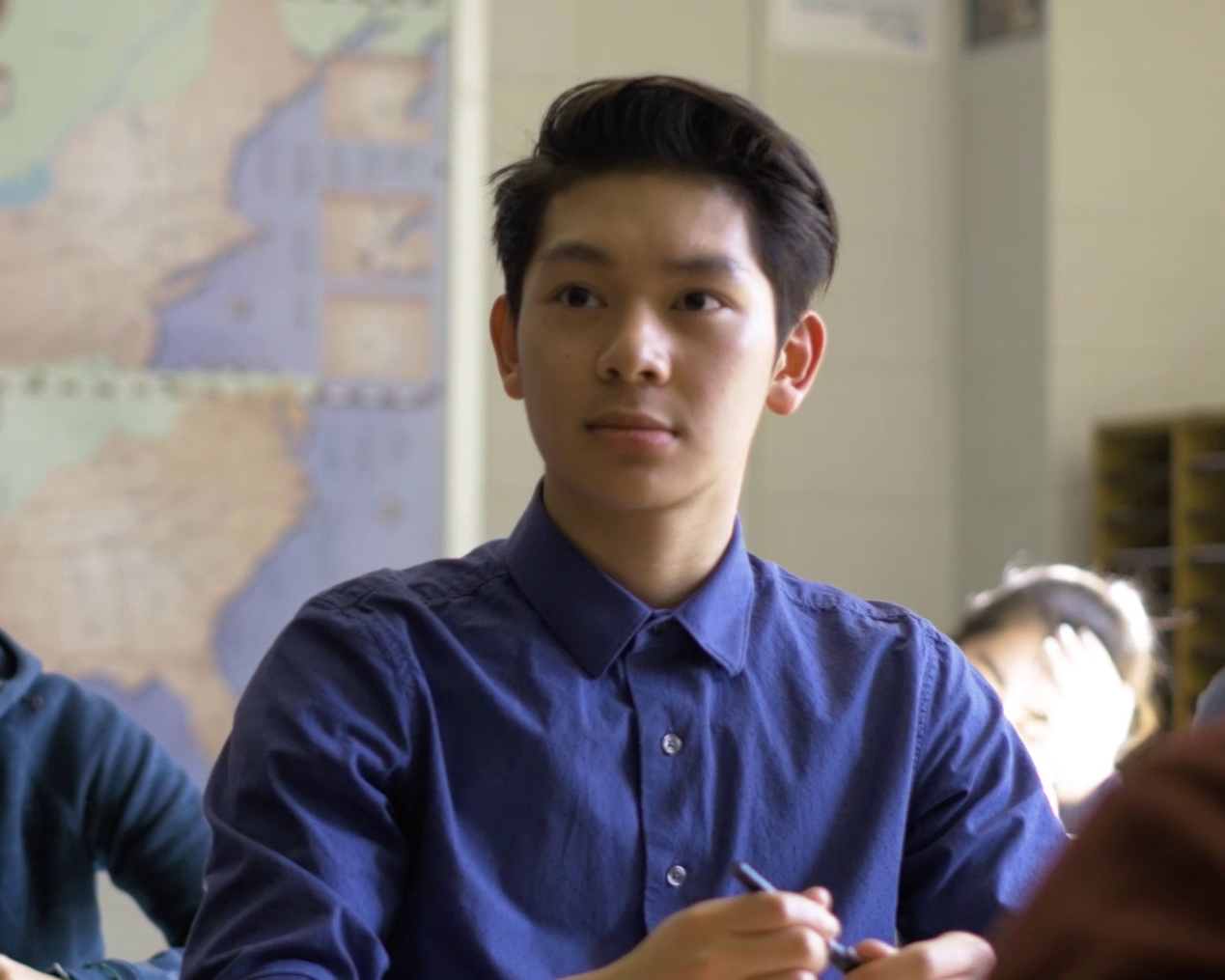Take it to the bank

We are in the business of shaping and changing behaviors. Financial literacy just happens to be our focus. And there are a handful of behaviors around financial literacy that I know lead to true, lifelong impact.
Opening and maintaining a bank account is one of those key behaviors. I don’t think the general public always appreciates the impact that can come from a first bank account. It sounds so basic. If you were raised with a bank account, or with saving and budgets as regular conversation topics, then going to the bank is commonplace. If you’ve had a checking or savings account for a few decades, it can be an afterthought.

We can verify that the students who make the effort to open an account go on to develop stronger financial habits and make better choices. For instance, in Money Sense, our financial fundamentals program, surveys of student participants found that 16% of teens (who did not yet have a bank account) had opened a savings account after the lessons. For the short time that we have with students in Money Sense, this is a significant and positive change. In Money Coach, our intensive financial mentoring program, the results are staggering. All but one student have opened a bank account by the time they’ve finished. Last year, we went a step further in tracking the behaviors of former Money Coach students. It turned out that 98% of students surveyed had maintained a bank account even two years after completing Money Coach. This is behavioral change in action!
Opening a bank account is one factor when it comes to personal financial behaviors. But it’s a start. For teens in our community, it is a critical place to begin to take hold of their financial futures.
***
In thinking of and sharing the topic of a first bank account, I found myself returning over and over again to the story of Jeremy Cain. Jeremy was in our Money Sense program about 9 years ago, while at Ronald Reagan College Preparatory H.S. His initial impression of banks back as a teen? He thought you had to be rich to have a bank account. And he pictured banks filled with stacks of cash. Jeremy lit up from our lesson, opened his first account and encouraged family members to do the same. Then, he went on to start an I.T. business and after college, he opened a thriving driver education program.
About a year ago, Jeremy joined our Board of Directors, our first alum to do so. And, on the personal side, he just welcomed his first child into the world. His money smart actions will continue to benefit the next generation. That is behavioral change you can take to the bank.
You can see and hear more from Jeremy and two other Money Sense participants in our new video. And you are welcome to reach out to me anytime with your thoughts and questions at brenda@makeadifferencewisconsin.org.


